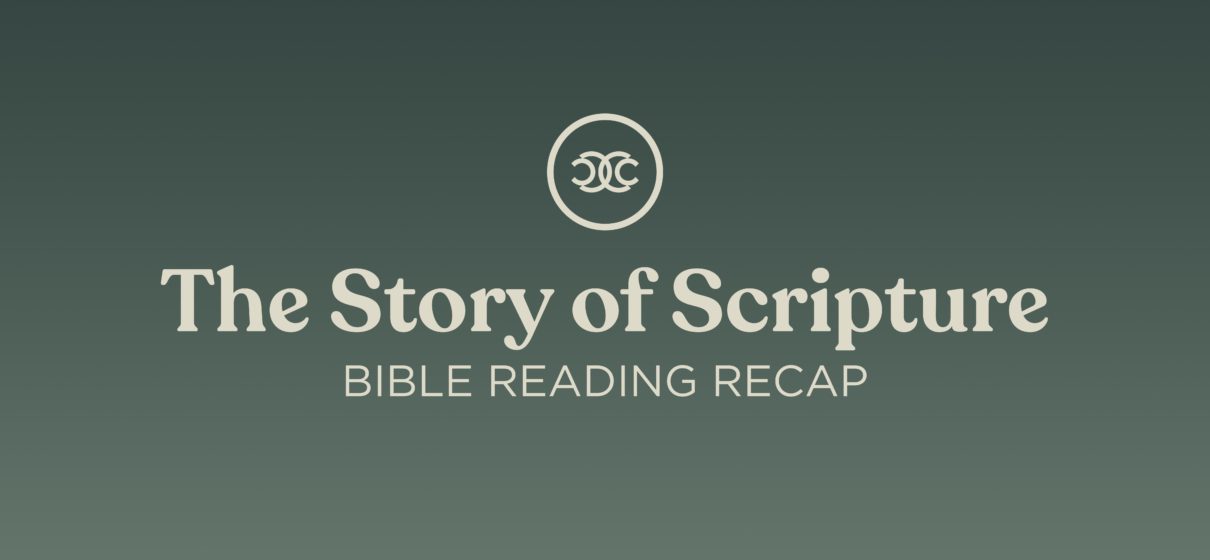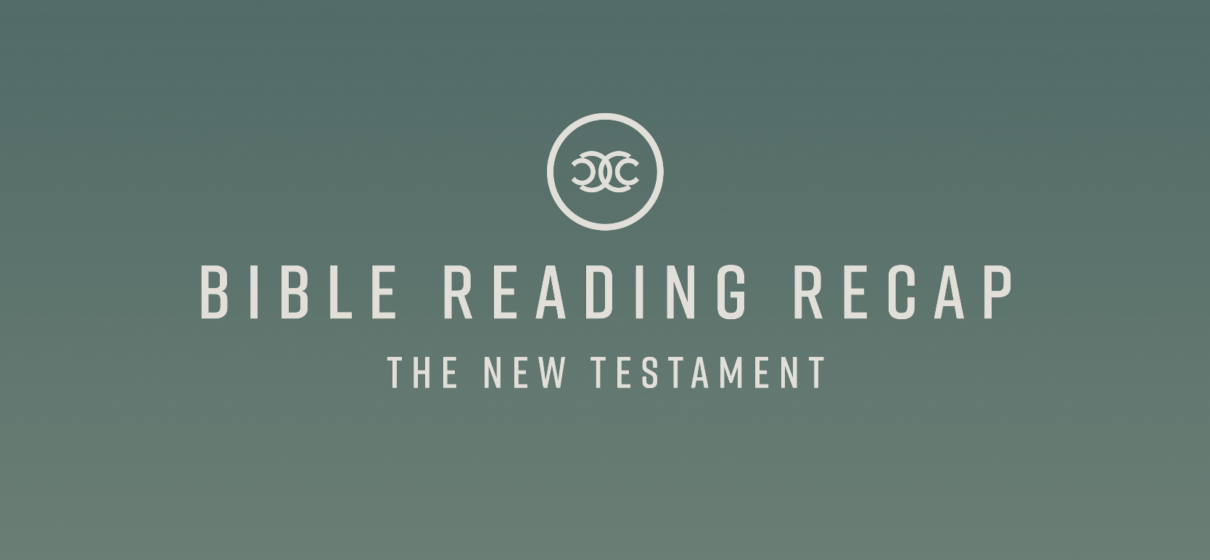There’s a propensity to come to Revelation ready to “figure it all out”, conquer the text to know all the right answers. It’s how we navigate most of life, so why not also this book of Scripture? Maybe a more helpful approach is to let the text “conquer us.” Let it shape us over multiple readings and reflections to form us into the image of Jesus. But for many readers this is a challenge when engaging with Revelation in particular.
Revelation is written in the style of apocalypse (also the title, the Greek translation of Revelation), a literary style that was very popular 2000 years ago, but foreign to modern readers. And on top of that it’s to be communicated as a letter to seven ancient churches that would have been in modern day Turkey. That’s a world apart. But it’s part of the Christian scriptures, so what can we use to help us appropriately engage with this book that has a communication style a world away?
From the “How to Read the Bible Class” at CCCC we know that finding what the text meant to the original readers is a great first step to find its meaning to us today. Near the beginning, Revelation starts off with seven letters that all have a specific charge to each church. That charge is “to conquer”. Then the question becomes: what did those churches think when they heard they were to conquer? They certainly saw the Roman Empire conquer many peoples around them with military might. They had expectations of what political rulers were to do to when conquering rivals, both with power and economic leverage. And they saw what happened to those who didn’t assimilate to cultural norms, being ostracized or even persecuted.
We know the general perception of “conquer” to the ancient society at large (and it’s very similar still in our day), but John wants to “reveal” or apocalypse what this means to those who call Jesus the Christ, their King. (Christ is a royal term, the Greek translation of the Hebrew title “Messiah”).
In Chapter 1, king language is repeatedly used to describe Jesus, then Chapter 2 and 3 contain the specific communications to each of the seven churches with the charge “to conquer” (remember, all of Revelation is a letter too). Starting in Chapter 4 and moving through 5, John is invited to see a new perspective at what is happening, God is continually worshiped in the heavenly throne room, and knows that his creation needs renewal, so a scroll is introduced that anticipates the plan to deal with the corruption of creation and decree restorative justice.
John’s first reaction upon hearing this is weeping, he laments along with creation (1), that the scroll must be open by one who is worthy. At this point, an angel describes the worthy one, again using royal-messianic language, “the Lion of the Tribe of Judah, the Root of David, who has conquered (2)”. After hearing all the royal language (and remember the empires way of conquering), he turns and sees….
A slain lamb (3).
Hardly what one thinks of when one thinks of anything related to conquer, a bloody lamb? But this is how John’s see the conquering Messianic King. To the churches that are charged with “conquering”, this is the image they are given to think through. Their imagination of what it means to conquer has to be reoriented and challenged by the apocalypse John’s gives them. New Testament scholar Richard Bauckham puts it this way:
“Key to John’s vision of the slaughtered Lamb is to recognize the contrast between what he hears and what he sees. He hears that ‘the Lion of the Trib of Judah, the Root of David, had conquered’. The two messianic titles evoke a strongly militaristic and nationalistic image of the Messiah of David as conqueror of the nations, destroying the enemies of God’s people. But his image is reinterpreted by what John sees: the Lamb whose sacrificial death has redeemed people from all nations. By juxtaposing the two contrasting images, John has forged a new symbol of conquest by sacrificial death. The messianic hopes evoked are not repudiated: Jesus really is the expected Messiah of David. But insofar as the latter was associated with military violence and narrow nationalism, it is reinterpreted by the image of the Lamb.”(4)
All of Revelation is a revealing (apocalypse) of God’s plan and promised renewal, but this is the apocalypse within the apocalypse. These first five chapters set the framework for reading the rest of the letter. It should orient our notion of what John describes in the rest of the letter, God verses evil, and how each corresponding entity conquers. Jesus is our example of what it looks like to conquer, and John wants to bring that into focus. Both Jesus’ teachings and how he lived that out to rescue and restore the world should not get lost in the common notion of what conquering meant 2000 years ago or today.
So may we follow Jesus into the way he conquers. He conquers by seemingly looking like he has been conquered. He is our example today and for the ancient churches of Revelation. This is not something we can “figure out” after a single pass through reading Revelation, but something to live out in the community Jesus has invited us into and among our neighbors. It may look strange to those unfamiliar with Jesus and bring along difficulties of assimilation to our own society’s cultural norms. But that’s what Jesus has invited us into, a lifetime of following him to the cross, willing to sacrifice oneself, while holding the tension that just as Jesus defeated death, so will those who call him King.
“The one who conquers will have this heritage, and I will be his God and he will be my son.” Revelation 21:7
(1) Also see Romans 8:22-23
(2) Emphasis mine
(3) Also see Exodus 12:1-14, Numbers 28:4 , Isaiah 53:7, John 1:29
(4) Bauckham, The Theology of the Book of Revelation, p. 74



